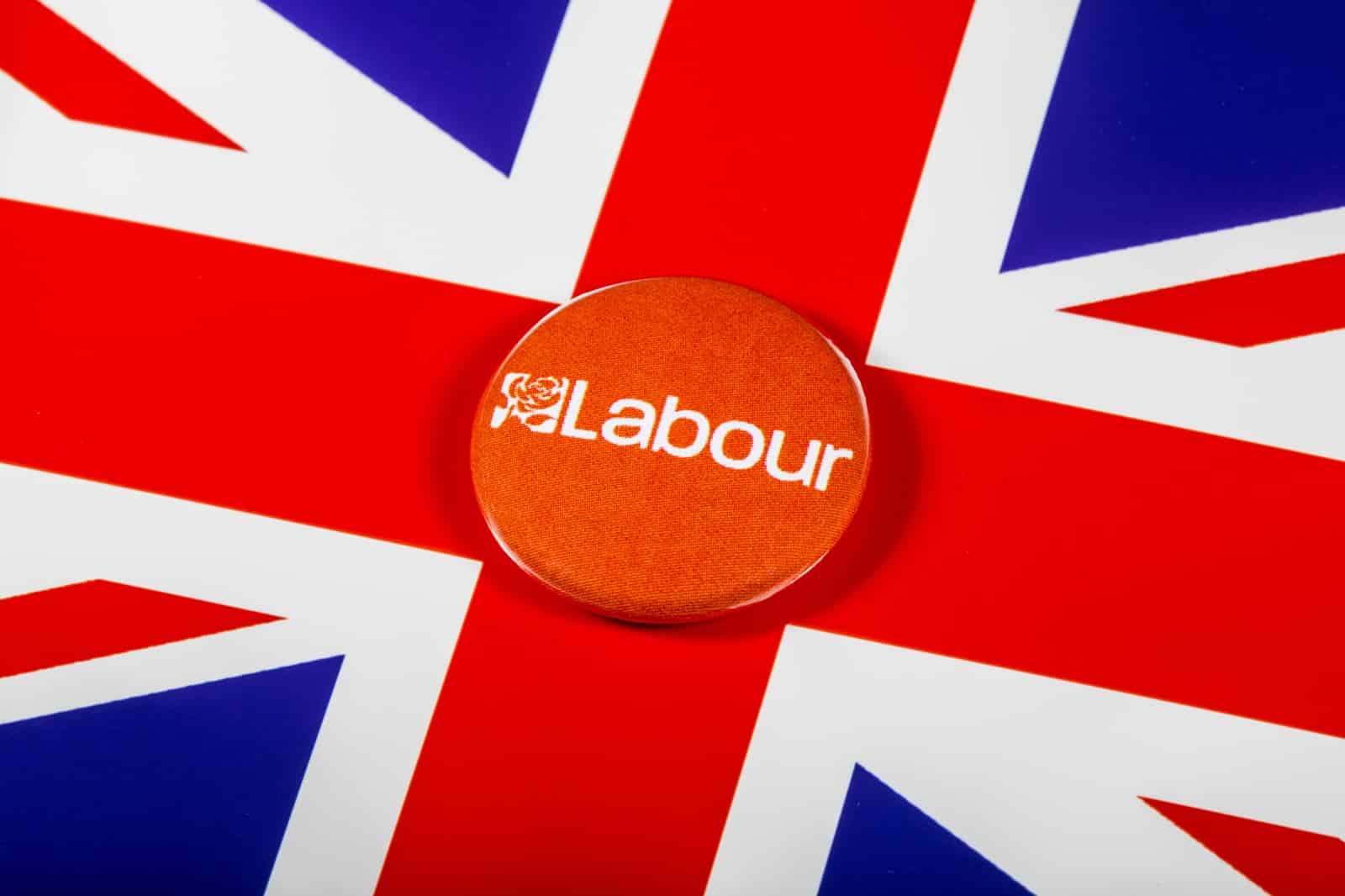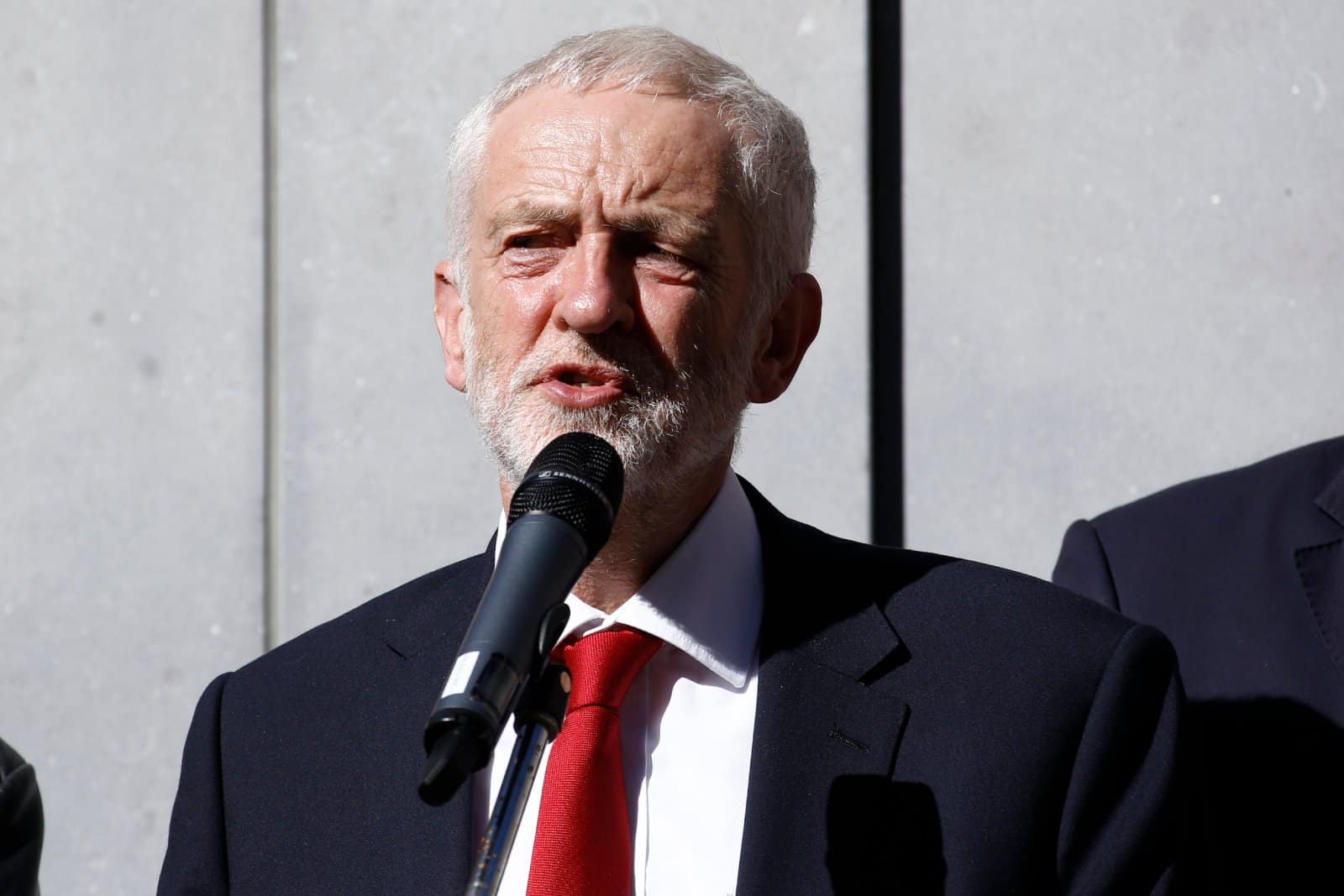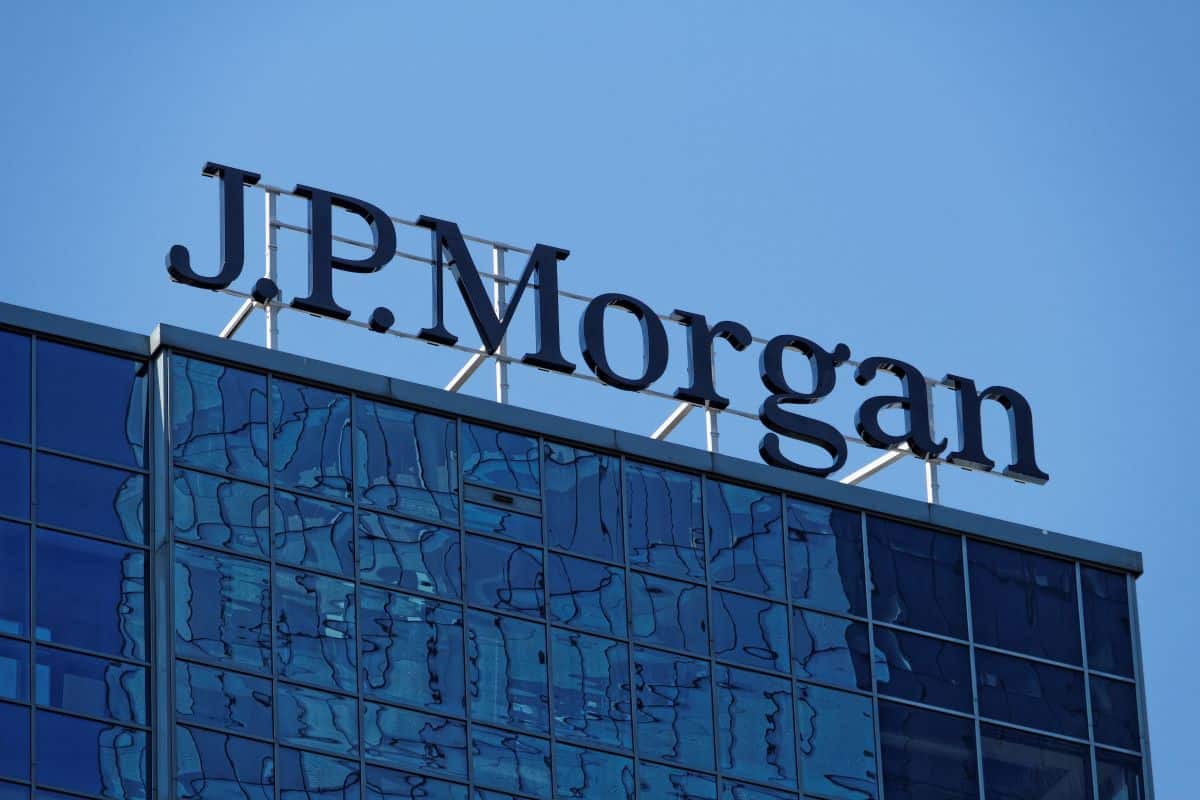JP Morgan has forecasted that a Labour election victory will positively impact financial markets, attributing this to the party’s centrist policies and commitment to fiscal prudence. Here’s the full story.
Net Positive

In a surprising boon for Labour ahead of the upcoming general election, a detailed analysis by JP Morgan, the US investment bank, has stated that a Labour election victory in the UK would be expected to have a “net positive” effect on financial markets.
Critical Sector Benefits

The analysis highlights the potential benefits for critical sectors such as banking, construction, and retail, indicating a significant shift in market sentiment compared to previous perceptions of Labour’s economic policies.
Centrist Platform

JP Morgan’s strategists, led by Mislav Matejka, argue that Labour’s current political stance, described as occupying a “centrist platform,” has garnered positive expectations from the financial sector.
Marked Change

This is a marked change from the more left-leaning policies under former leader Jeremy Corbyn, which had been viewed with scepticism by investors.
Modestly Pro-Growth

Matejka’s team highlights that the market’s perception of Labour has evolved, with the party’s policies now seen as “modestly pro-growth” while maintaining a “cautious fiscal approach.”
Stable Investment Climate

This shift is expected to reduce the political uncertainty that has plagued the UK in recent years, fostering a more stable investment climate.
Supply-Side Reforms

The bank’s analysis suggests that Labour’s approach would likely focus on “supply-side reforms” to enhance economic productivity, which is crucial given the current financial constraints.
Favourable for the Pound

This outlook is supported by a Bloomberg News poll, where more than half of the respondents viewed a Labour win as favourable for the pound, reflecting confidence in the party’s economic management.
Echoed Sentiments

MUFG, another major investment bank, has echoed JP Morgan’s sentiments, highlighting that a Labour landslide could be the “most positive for the pound.”
Ending Instability

The rationale is that a decisive Labour victory would end the prevailing political instability and set the stage for increased government spending, which could boost economic confidence.
Spending Plans Reassured

Analysts Derek Halpenny and Lee Hardman from MUFG noted that Labour’s spending plans are “unlikely to fuel investor concerns,” which is more than can be said for the market crash that occurred following former Prime Minister Liz Truss’s disastrous mini-budget.
Significant Transformation

The transformation in Labour’s economic stance is significant, as Labour attempts to woo business and assure investors that Corbyn’s social democratic policies are a thing of the past.
Corbyn’s Policies

Under Jeremy Corbyn, Labour’s policies, including the nationalisation of several industries, were viewed unfavourably by the financial markets, though a large percentage of the UK public supports the idea.
Past Concerns

JP Morgan had previously warned that a Labour government would deter foreign investment, reflecting concerns over the party’s interventionist economic policies.
Strategic Repositioning

In contrast, Starmer and his team have undertaken a significant strategic repositioning that has helped Labour gain credibility among investors, who now view the party as a viable alternative to the Conservative government.
Fiscal Rules Pledged

Labour has pledged to adhere to strict fiscal rules, including not borrowing for day-to-day government spending and committing to reducing net public debt relative to GDP over five years.
Commitment to Prudence

This commitment to fiscal prudence is seen as a critical factor in reassuring investors and differentiating Labour from the more radical economic policies of the past.
Fiscal Discipline

According to Halpenny and Hardman, Labour’s approach involves “no shift in fiscal frameworks,” implying that the party is serious about fiscal discipline.
Maintaining Stability

This reassurance is crucial for maintaining market stability and confidence, especially in the context of recent economic volatility in the UK.
Sterling Appreciation

The anticipation of a Labour government has positively affected the sterling, which has been appreciated against the euro.
Expected Stability

This trend is partly due to the relative stability expected under Labour compared to the political uncertainties affecting other European economies.
European Concerns

For instance, the euro has been impacted by concerns over the influence of far-right parties in the ongoing European elections and the political instability in France following President Emmanuel Macron’s decision to call a snap election.
Favourable Factor

In contrast, the stability expected from a Labour-led UK government is seen as a favourable factor for the pound, boosting its value against the euro and other major currencies.
Economic Narrative Shift

The prospect of a Labour election victory represents a significant shift in the economic narrative surrounding the party.
Growing Confidence

The analysis from JP Morgan and other financial institutions highlights a growing confidence in Labour’s ability to manage the economy effectively and foster a stable investment environment.
Blair 2.0 Concerns

However, with Labour working hard to ensure that the financial sector is on their side, many on the left of the party will be worried that Starmer will be nothing more than Blair 2.0 and that the radical reforms they are looking for have been confined to the past.
Uncertain Impact

Whether this endorsement from one of the only banks to make it relatively unscathed through the 2008 financial crash will affect Labour’s chances in the upcoming election remains to be seen.
The post JP Morgan Sees Market Potential in Labour’s Centrist Shift first appeared on Now Buzz.
Featured Image Credit: Shutterstock / MOZCO Mateusz Szymanski.

